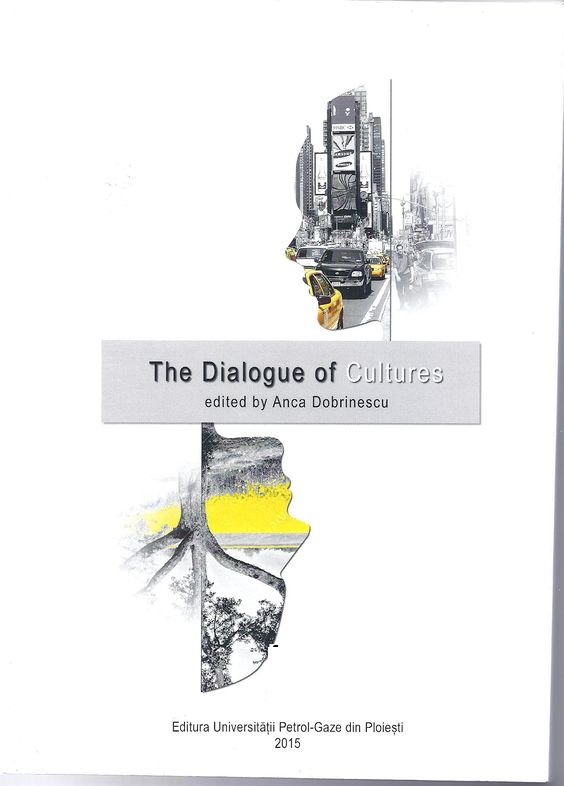Playing Games in Harold Pinter’s Tragicomedies
Playing Games in Harold Pinter’s Tragicomedies
Author(s): Alina-Elena Roşca
Subject(s): Gender Studies, British Literature
Published by: Universitatea Petrol-Gaze din Ploieşti
Keywords: the abject; corporeality; performativity; renegotiation of gender contructions;
Summary/Abstract: In Harold Pinter’s plays the characters’ primordial means of carrying their existence is by staging performances. Games allow Pinter’s characters to design social masks and to keep hidden their real motives or intentions and, consequently, their most disturbing desires and needs. The paper aims at exploring the way in which the Pinteresque setting gives more credit to those individuals that struggle to gain supremacy with their strange and unacceptable demands. As intruders or foreigners, these characters earn their status as elements of pollution. The article attempts to exemplify how these characters (women, tramps, figures from a long-forgotten past) speak in the name of what Julia Kristeva referred to as ‘the abject’. Their easy accommodation to the territory they seek to dominate makes them advance from margin to the centre and, thus, disarm those that act at the level of fabrications and abstractions. Furthermore, the debate focuses on the manner in which these intruders give voice to their perverted desires through eccentric bodily postures. Female characters illustrate best this situation as their corporeal flexibility makes them openly and unrestrictedly express their sexual energy and the physical pleasures of their bodies. Women reverse roles with men, as men abandon space and let women manipulate it physically and emotionally. By the approach on corporeality, the article takes into account Judith Butler’s study on ‘performativity’. Pinter’s feminine characters show that cultural configurations, i.e. gender constructions, can be submitted to constant renegotiation and reinterpretation.
Book: The Dialogue of Cultures
- Page Range: 46-53
- Page Count: 8
- Publication Year: 2015
- Language: English
- Content File-PDF

